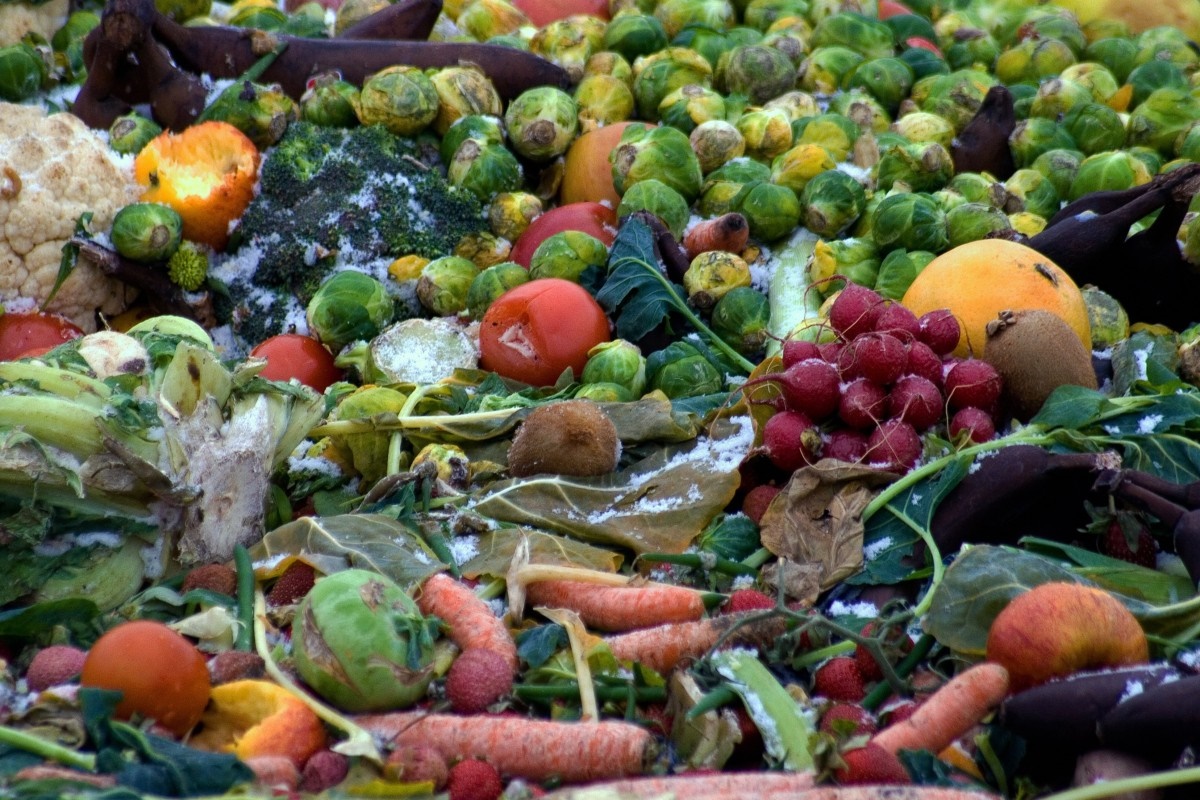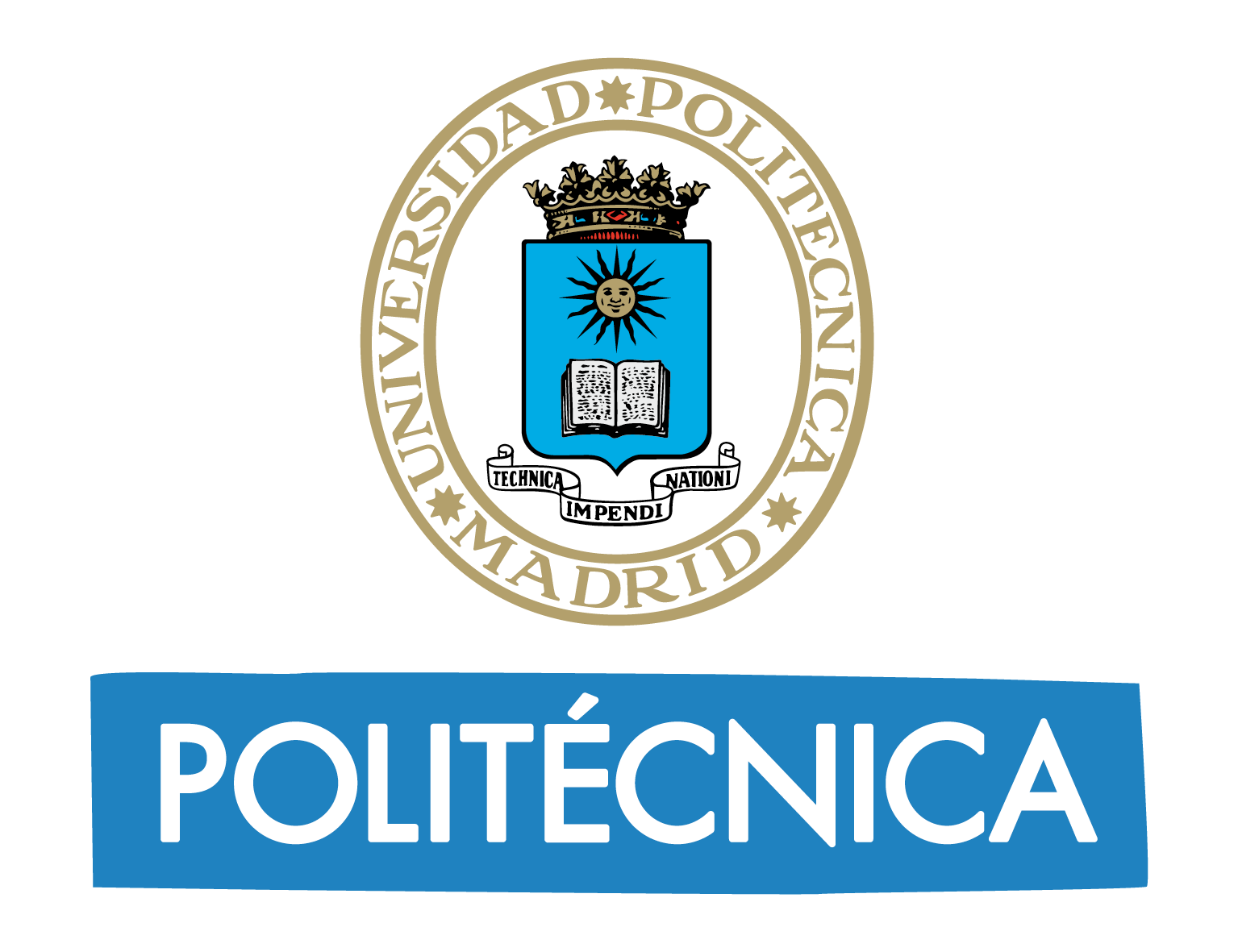How much water do we waste with the food we throw away?
The Spanish water footprint associated with food waste is equivalent to over 130 liters of water per person a day, according to UPM researchers after studying the food consumption carried out in Spanish households for a year.
Researchers from Universidad Politécnica de Madrid, in collaboration with the Water Observatory of the Botín Foundation have carried out a study of eating habits and waste pattern in Spanish households in order to assess the impact on domestic water resources and identify solutions to prevent water waste.
Results indicated that the type of diet affects more than food waste in terms of water footprint related to food. Thus, to consume sustainable and healthy diet could have collateral relevant benefits in the environment regarding soil, energy and water.
It is estimated that there will be 9 billion of people on Earth by 2050. This population growth, along with increasingly urban societies, makes us face a big challenge: to produce more food in order to supply the entire world population with changing consumption patterns. According to FAO (Food and Agriculture Organization), we will need to produce between 50-60% more food in the next decades without compromising the environment and under a scenario of climate change.

Credit: pxhere
Over the last years, the majority of the efforts to tackle this issue have focused on exploring alternatives to increase the global production of food, that is, to increase the supply. However, efforts have been also focused on the improvement of habits and consumption patterns, since it has been proved that a better demand management has positive implications for both health and environment.
Given that agriculture represents around 70% of all usages of water consumption and the competitiveness for such resource leads to an increase in scarcity problems in many parts of the world, water has become a limiting factor in agricultural production.
The Research Centre for the Management of Agricultural and Environmental Risks (CEIGRAM), a joint research center of Universidad Politécnica de Madrid, the State Agency for Agricultural Insurance (ENESA) and AGROSEGURO has carried out diverse research projects that have addressed the link between diets and volume of water required to produce their ingredients. An example is the study conducted by Alejandro Blas, Alberto Garrido and Bárbara Willaarts comparing the American diet with the Mediterranean diet.
The same authors have recently carried out another research focused on estimating the water footprint (the amount of water needed to produce a good) of the diet and food waste of Spanish households during a year. Besides, they studied the geographical origin of the goods to estimate the water origin used to produce such goods and thus estimate the amount of water “imported” from other countries.
The results showed that from October 2014 to September 2015 the water footprint consumption in Spain is 52,933 hm3, equivalent to 3.302 liters per person and day. The products that account for the largest share of the total water footprint are meat, fish and animal fats (26%) and dairy products (21%). Likewise, roughly 41% of the total water footprint linked to household diets is foreign, that is, imported virtual water, and the main countries of origin are Tunisia, Portugal, and France.
The water footprint of food waste accounts for 2095 hm3 in Spain, equivalent to 131 liters per person and day.
A researcher involved in this project, Alejandro Blas, says “although most of the population still adheres to the Mediterranean diet, current Spanish consumption patterns are shifting towards a diet containing more meat and sugar products”. He concludes “a reduction in the consumption of these products in exchange for an increase in fruit, vegetables and legume consumption would lead to major water savings”.
The multiple datasets required for this study highlights the difficulties of obtaining estimates of food consumption and waste, and therefore how challenging it becomes to inform policies tackling sustainable food consumption and their relation to water management. More research is needed to develop standard methodological approaches in ways that can provide policy-relevant results and overall contribute to better policymaking.
Alejandro Blas, Alberto Garrido, Bárbara Willaarts. Food consumption and waste in Spanish households: Water implicationswithin and beyond national borders. Ecological Indicators 89: 290-300. June 2018.


